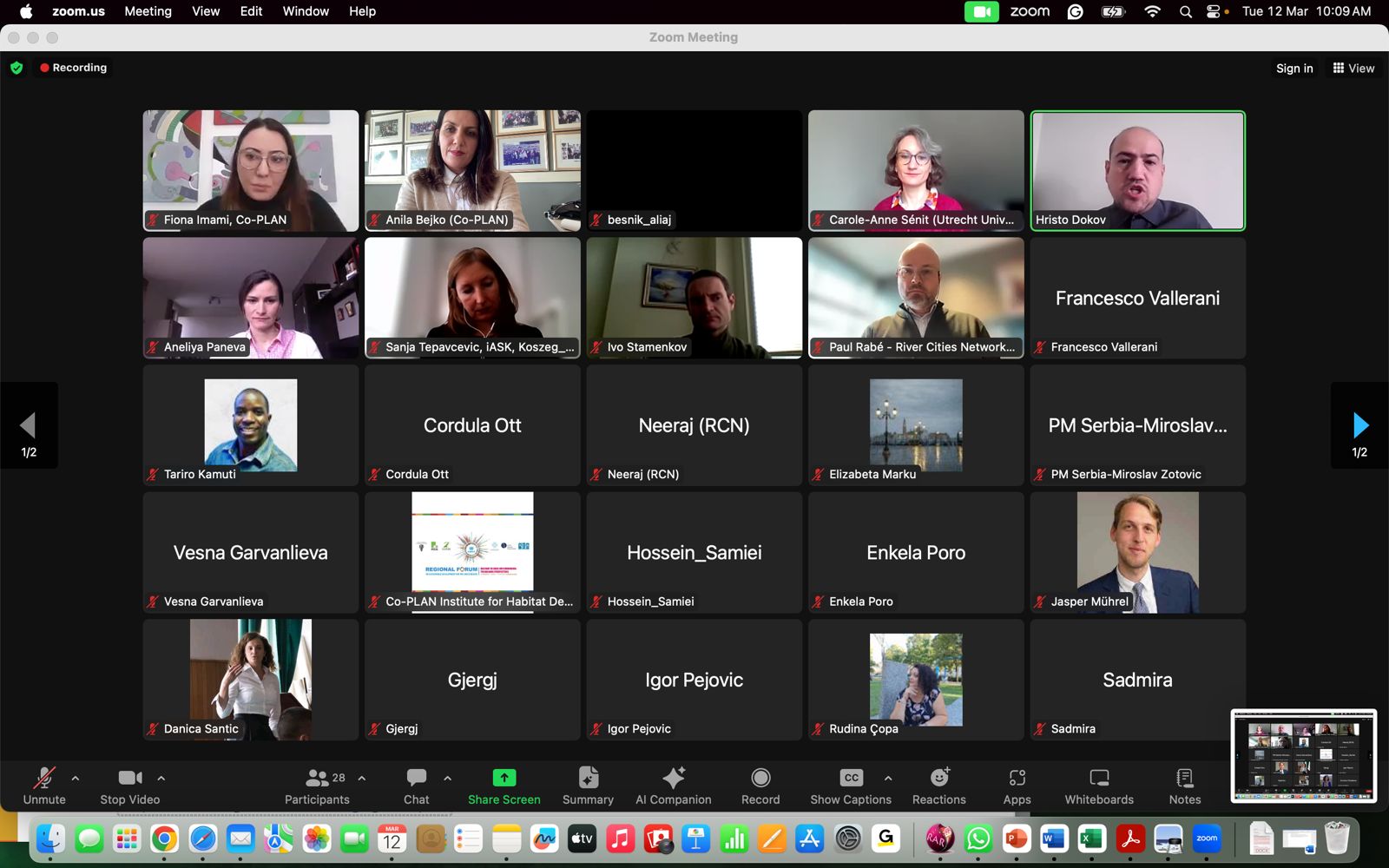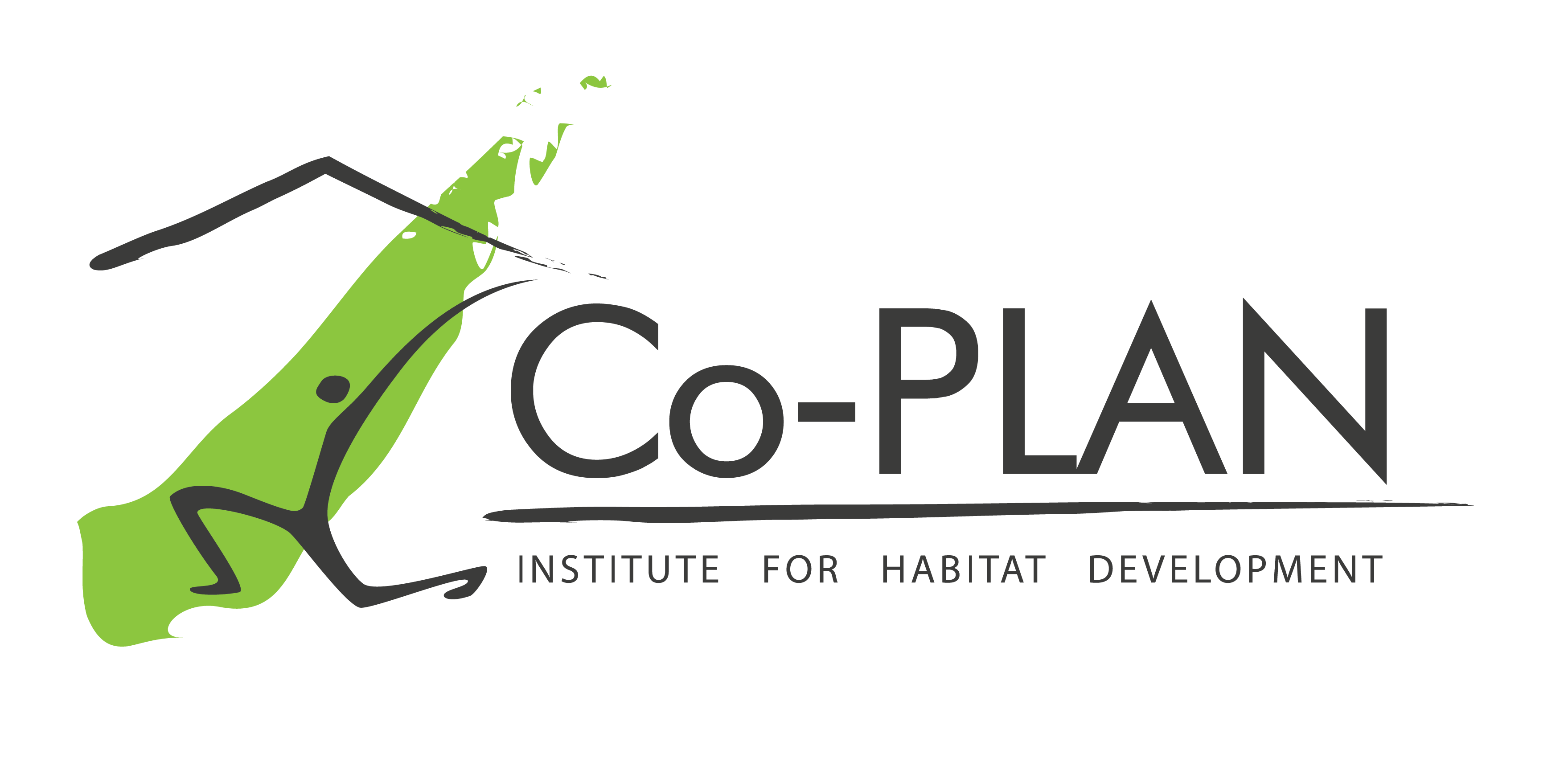UNECE 2024 Regional Forum – “Halfway to SDGs Implementation: the Balkans Perspectives” Side Event
“Halfway to SDGs Implementation: the Balkans Perspectives” side event, part of the 2024 UNECE Regional Forum for Sustainable Development. The side event was organized by Sofia University, Department of Regional & Political Geography; Co-PLAN, Institute for Habitat Development and POLIS University, Observatory of the Mediterranean Basin.
Bringing together representatives from 3 partner networks: Western Balkan Network on Territorial Governance (TG-Web); Earth System Governance’s Taskforce on the Sustainable Development Goals (SDGs Taskforce); River Cities Network (RCN), the side event aimed at providing a platform for discussion and exchanging insights on the path towards SDGs implementation in the Balkans Region.

Under the moderation of Mr. Hristo Dokov and Ms. Anila Bejko, during the first session of the event, esteemed experts and academics seized the opportunity to present their research and insights, delving into key themes such as governance frameworks for the SDGs, stakeholder perspectives on implementation in the Western Balkans and the case of Albania and Serbia and Economic models and progress on climate action within the region.
The last session of the event, was followed by an enhanced discussion among stakeholders’ focusing on 3 main issues:
- Theoretical considerations on the SDGs framework and related governance models
- National and sub-national initiatives – best practices and barriers to SDGs implementation
- Initiatives and possibilities for experience exchange, knowledge transfer and regional cooperation
As a highlight the discussion brought to conclusion that:
Being on a the halfway to Agenda 2030, the Balkan countries are making only modest progress towards achieving the Global Goals. Despite the efforts for some policy alignments (SDG integrated to national policies); formal stakeholder engagement at the level of CSOs, private entities and academia and only in few cases the establishment of monitoring & reporting mechanisms, numerous barriers persist, hindering the effective realization of SDGs at the national level.
Constrains such as (i) limited financial resources and capacities; (ii) the ongoing political tensions and governance issues impeding policy coherence; (iii) lack of coordination due to fragmented governance structure or (iv) data deficiency and lack of monitoring systems, were some of the crucial issues discussed.
The event was closed by stating that: national and subnational initiatives are essential for advancing sustainable development in the Western Balkans. At the sub-national level, grassroots initiatives play a pivotal role in complementing national efforts and driving change at the community level. Local governments and civil society organizations on the other hand have and should be at the forefront of innovation to implement targeted interventions to address specific SDG challenges. Lastly, coordinated action, innovative approaches, and partnerships among all stakeholders to realize the vision of sustainable development in the region should remain at the core of all efforts.
